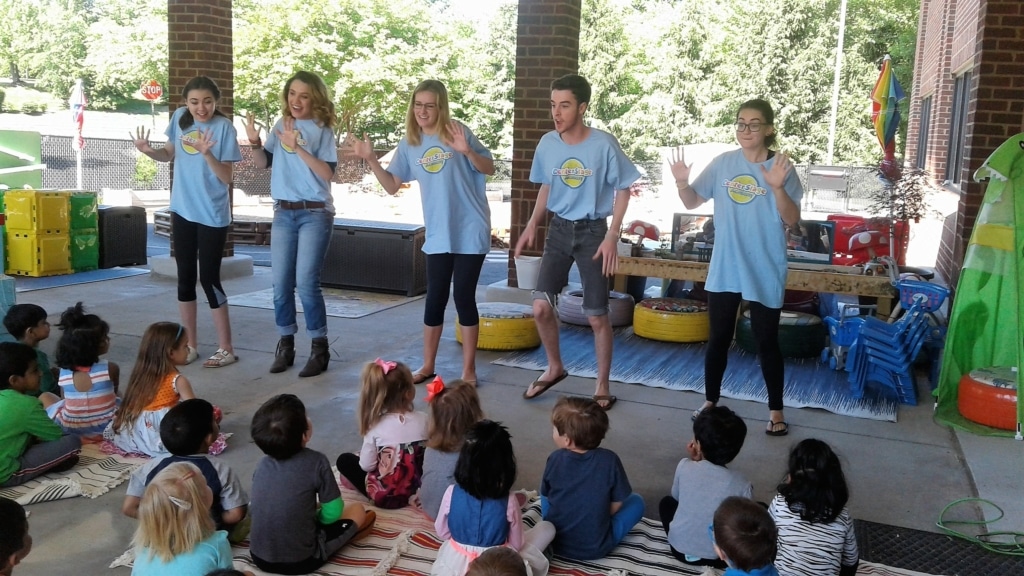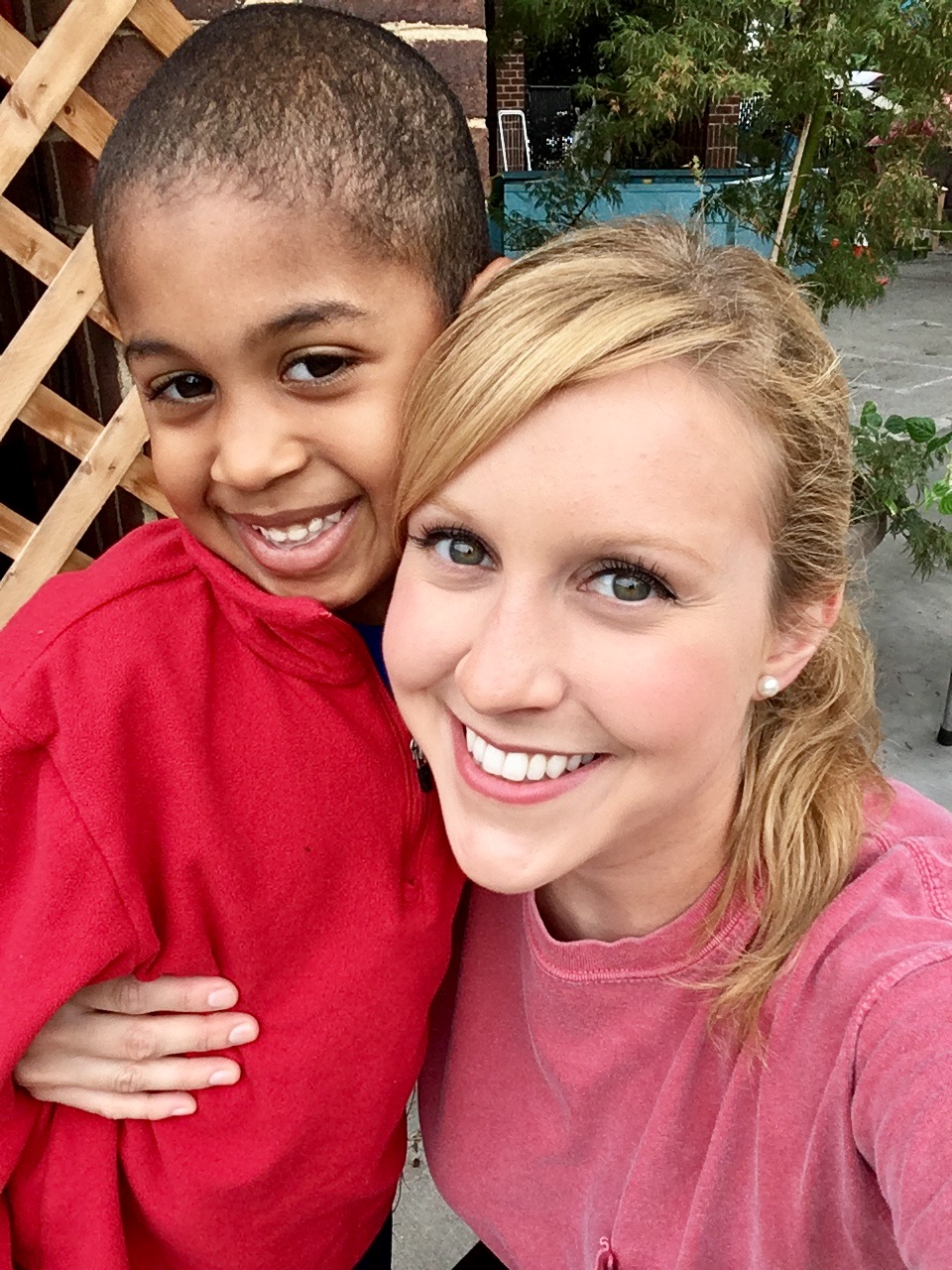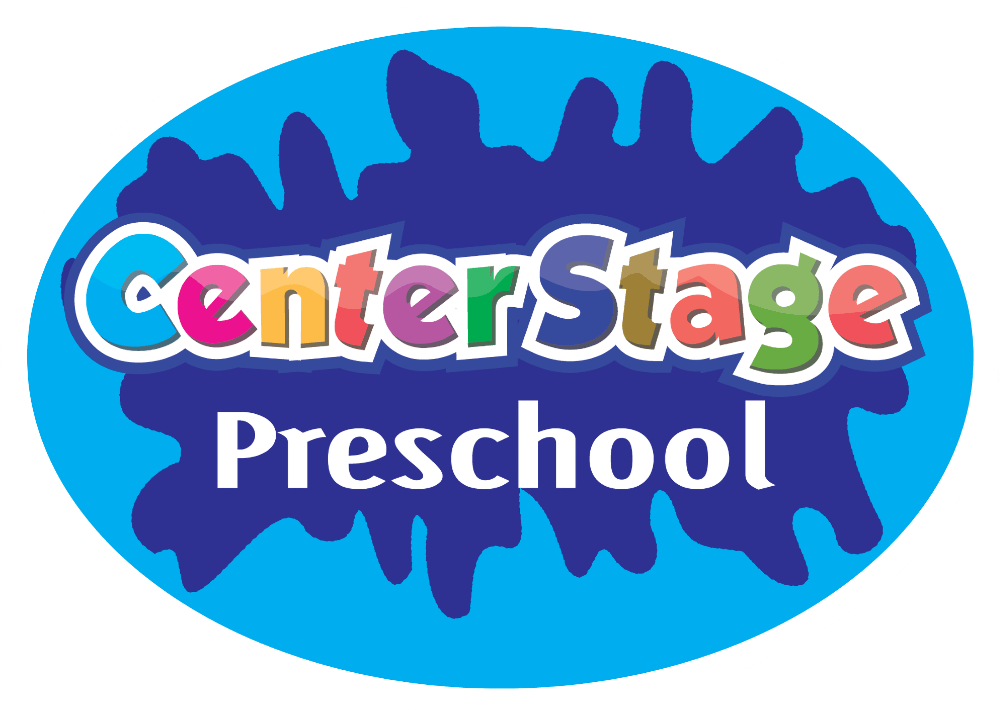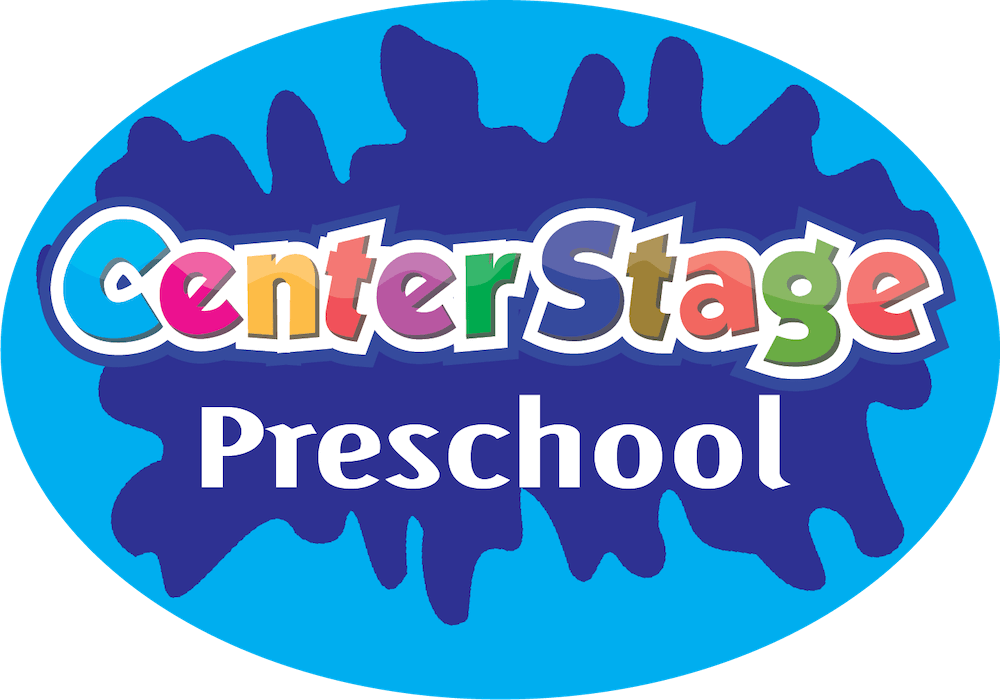This week’s topic I’d like to present is
‘Change is Good’

Change is really hard for adults as well as children. I think as parents and as caregivers, it’s difficult for us to normalize certain emotions when they’re so hot and exasperated and fractured and the children are just melting down. How do we as parents help our children get through disappointment? How do we not remove obstacles but helpfully get them through an emotional meltdown when something about their day hasn’t gone the way that they’ve wanted.
There are a couple of things about children we need to know at ages three to six. It’s called the adsorbent phase. We know that children crave order but also are stimulated in their brains when something is new in their environment and they’re excited about discovery and investigation. This topic is really hard for adults as well. How do we react when our day has just been thrown for a loop like a flat tire, can’t find your phone, anything in this set of first world problems that would just set us off? The same things happen for our children. Sometimes it seems irrational, “The Lego is lost, I can’t find my shoe, I don’t know where my water bottle is.” can become a huge ordeal and just pretty much stop our day.
I’m asking the parents to really think about how can we normalize this for our kids. How can we reframe this for our students and how can we have empathy for them when they are very upset about what’s happening? I say we get down on their level.
Ways we approach our children through their times of disappointment or disagreement

Empathy is such a beautiful thing. It’s not just throwing a sandwich at a hungry person, rather, it’s making them a sandwich and sitting with them. It’s trying to understand and put ourselves in that place to really feel what they’re feeling without judgment, without shame.
I heard an illustration once that was really incredible…
This father was really getting down on his son at the fair because he had let his balloon go. The balloon is floating away and the child is melting down. The parent has been there all day and is exasperated, is basically yelling and reprimanding the child “It’s just a balloon, I can get you another one!” The speaker said, “Now, let’s wait a minute. Let’s tie your phone or your wallet to that balloon and let it go and let’s see where you go with your emotions and your expectations. What would you want to be done?” I think it’s a fabulous illustration of how we can try to understand where our children are. It helps us get down on our hands and knees and really see the world the way they see it.
Change is inevitable
New things and challenges are great and we should not remove every obstacle. We can help our children master these obstacles by validating, normalizing and reframing. After all of that, that child will feel heard, loved, and understood. We can teach them by example what it means to be empathetic and to have empathy for our neighbor. Let’s all give each other some space, some grace, and some understanding as we maneuver this life that’s difficult and rushed and hard and give each other the empathy that we all deserve.
Have a great day.
Heather


